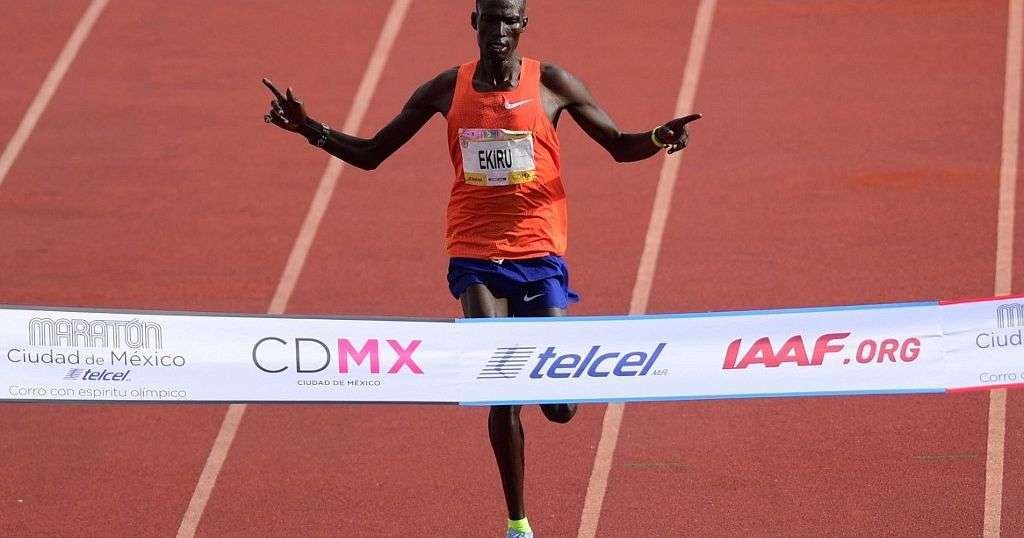Nairobi, Kenya – (African Boulevard News) – Kenyan marathon runner Titus Ekiru, who made headlines for his victory at the Milan marathon in May 2021, has been handed a severe punishment for doping and obstructing the subsequent investigation. The Athletics Integrity Unit (AIU) announced on Monday that Ekiru has been slapped with a ten-year suspension, effectively ending his competitive career.
The AIU, the independent body responsible for ensuring integrity in athletics, conducted a thorough investigation into Ekiru’s case following his exceptional performance in Milan. It was discovered that he had violated the World Anti-Doping Agency (WADA) protocols by using banned substances to enhance his performance. Ekiru’s attempts to hinder the investigation by obstructing officials only added to his transgressions.
Doping in sports is a serious offense that undermines the principles of fair play and integrity. Athletes who resort to such unethical practices not only gain an unfair advantage over their competitors, but also tarnish the reputation of their sport and the country they represent. The AIU’s decision to impose a ten-year ban on Ekiru sends a strong message that doping will not be tolerated in athletics.
This incident is a setback for Kenya, a nation that has produced some of the world’s finest long-distance runners. Kenyan athletes have long been admired for their exceptional endurance and remarkable achievements in marathons. However, cases like Ekiru’s highlight the need for stricter anti-doping measures and better education on the consequences of using performance-enhancing drugs.
Speaking on the matter, renowned sports analyst Jane Akinyi expressed her disappointment with Ekiru’s actions. “It is disheartening to see a talented athlete like Ekiru resort to doping. His actions not only betray his fellow competitors but also the fans who have supported him throughout his career. This serves as a reminder that doping remains a persistent problem in the world of athletics that needs to be eradicated.”
Ekiru’s suspension serves as a grave blow to his ambitions and aspirations. The ten-year ban effectively ends his chances of participating in major sporting events, including the Olympics, during what could have been the peak of his career. It also serves as a cautionary tale for other athletes, reminding them of the severe consequences they may face if they choose to engage in doping.
As the sporting world continues to grapple with the issue of doping, it is crucial for athletes, coaches, and sporting authorities to work together to foster a culture of clean and fair competition. Stricter anti-doping measures, comprehensive education programs, and enhanced testing protocols can help preserve the integrity of sports and ensure a level playing field for all athletes.
In a time where integrity in sports is of utmost importance, the case of Titus Ekiru serves as a reminder that no one is above the rules, and any attempt to cheat will be met with severe consequences. The focus now shifts to the future, where efforts to eradicate doping must persist in order to protect the integrity of sports and uphold the values of fair play.

